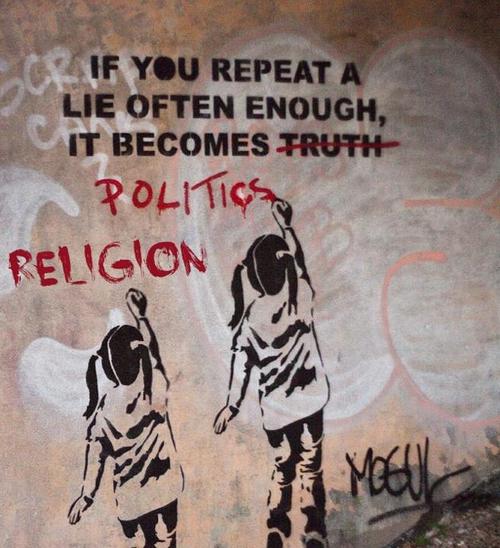 |
| Check it out. It's that cool graphic again. I'm like CNN or something. |
Have economic sanctions ever "worked"? Remember that the entire world enforced very strong economic sanctions against Saddam Hussein's Iraq after it occupied Kuwait in 1990. How effective were those sanctions? Well, it still took a war to get Iraq to abandon Kuwait, and thirteen years later another war to topple his government. Iraq was crippled economically, millions of her people suffered terribly and thousands died, mostly children for lack of medicines. But none of the goals of the sanctions, the improvement of Saddam's treatment of his own population and his ultimate removal from office were ever accomplished. War wasn't avoided - indeed, the West went to war against Iraq TWICE while the sanctions were firmly in place.
The most interesting thing here is that it would, at this point, be pretty straightforward to make the sanctions work. Iran would clearly be willing to make concessions in order to get some of the sanctions on their oil, banking and shipping industries lifted. So you have to wonder: If the west could get what they say they want by negotiation, and they aren't willing to negotiate, you have to come to the conclusion that they don't actually want what they SAY they want. If the issue was truly just Iran's nuclear program, you could make huge strides by trading away some of the sanctions. But the demands are for even more sanctions, and while demands are made of the Iranians, they are all sticks without carrots. There is no real incentive for the Iranians to comply with the demands, because they would be giving up bargaining power while getting nothing in return. Either the leadership of the United States, Europe and the UN are collectively so blind and naive that they don't understand the most fundamental rules of game theory, or they are just outright lying about what they are trying to accomplish.
So with no relief in sight and no incentive to negotiate, you have to think about what options are available to the Iranians. They have to find a way to get the sanctions on the table, and right now it is clear that concessions won't accomplish that. So the only remaining option is to try to ratchet up the tensions in order to make the West feel a greater sense of urgency to take yes for an answer. They have three options to do that. They could use their influence with Syria, Hezbollah and in Lebanon to raise tensions between the Palestinians and Israel, with the implicit understanding that those tensions would be reduced along with the sanctions. This is a risky approach, because Israel is such a belligerent neighbor that lots of people would likely die as a result and the West would not feel any pressure from those events. They have the ability to affect the price of oil by threatening shipping in the straits of Hormuz. This would be my preferred approach if I was Khameini. He'd have to be very careful and not overreach - anything that draws a military response could escalate out of control very quickly. But low level actions with some deniability, particularly a few untraceable mines showing up, and the cost to insure tankers in the gulf goes way up and the price of oil jumps. If they could keep up the right amount of pressure, the global economic condition would suffer, with the knowledge that to start a shooting war would make things worse. Again, with an implicit understanding that these actions would stop under a reduced sanctions regimen, this might be the best chance they have. Of course, it also has a pretty good chance of leading to a regional war. The third option is to increase their nuclear program. Begin enriching to 60%, bring the new centrifuges at Fordow online or increase work on long range ballistic missiles. With a more explicit understanding that Iran does these things reluctantly, and is completely prepared to cease them in exchange for a reduction in the sanctions.
The main thing to realize at this point is the situation is unstable, and unsustainable. Iran won't back down without some reason for doing so, and the sanctions are not going to result in any kind of regime change. At some point somebody, either Iran or Israel, is going to miscalculate and the result is going to be a war that will be very bad for Iran and her people, but also very bad for the region and the global economy, and no matter how the war ends, the entire region will be destabilized and militarized to an extent unimaginable before now, with ethnic, sectarian and ideological hatreds etched in the sands from Tashkent to Mogadishu.
...








